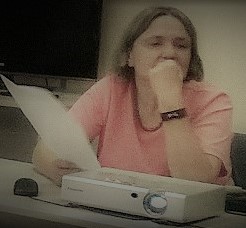A Publisher's Conversations with Authors: Self-Publish? Traditional-publish? Hybrid Publish?

It is Tuesday. Time to tall turkey. Monday's madness is over, and Wednesday will take us over the hump, so Tuesday it is--for some serious discussion with authors. Tuesday talks mean to address authors in waiting and self-published authors who would like to go a more traditional route or who would at least like to take their steps with a publisher by their side. Today's topic is about whether to seek traditional publication, self-publish, or go the hybrid route. Each of these approaches to publications has advantages and disadvantages. - Self-publish (you do everything yourself): Pro: You can proceed immediately. You have full control over all content and design. You get all the net income. Con: You have full control over all content and design--meaning, the book is only as good as your own professional skills (or, you can pay for professional services that a traditional publisher would provide for free). You don't know what you don't know. It wi...





